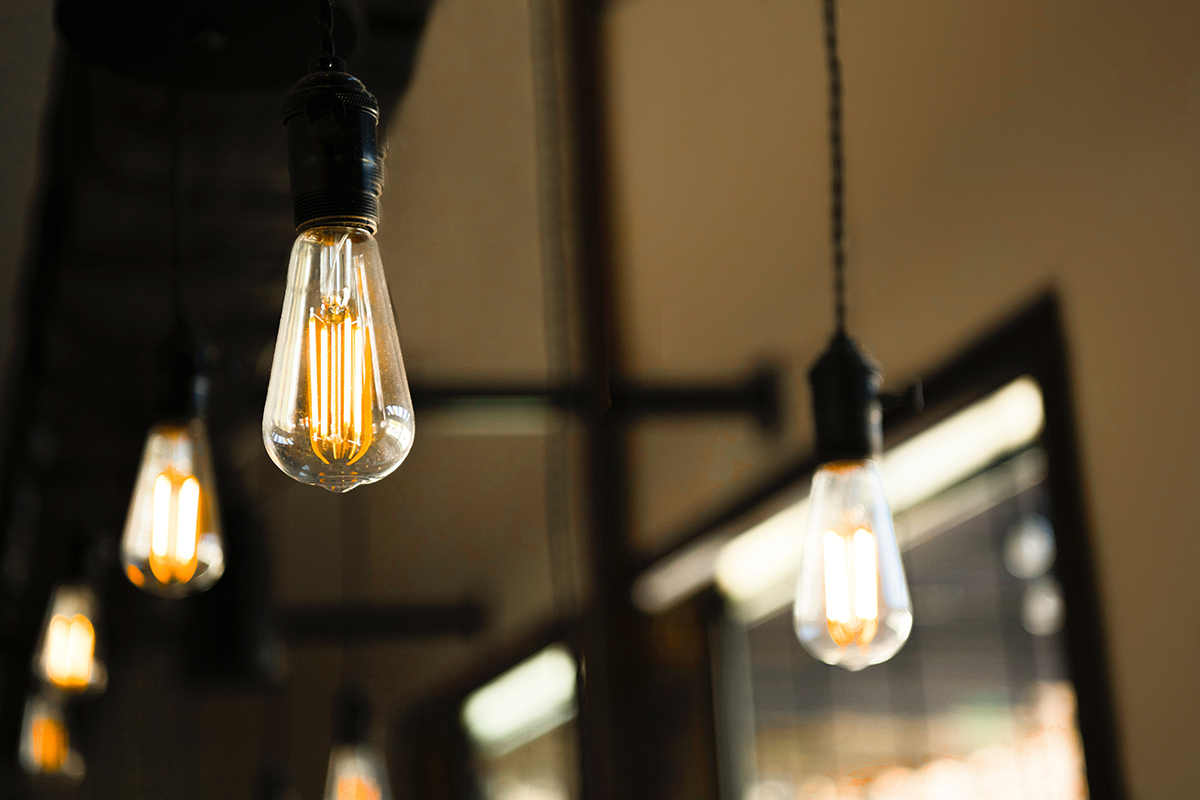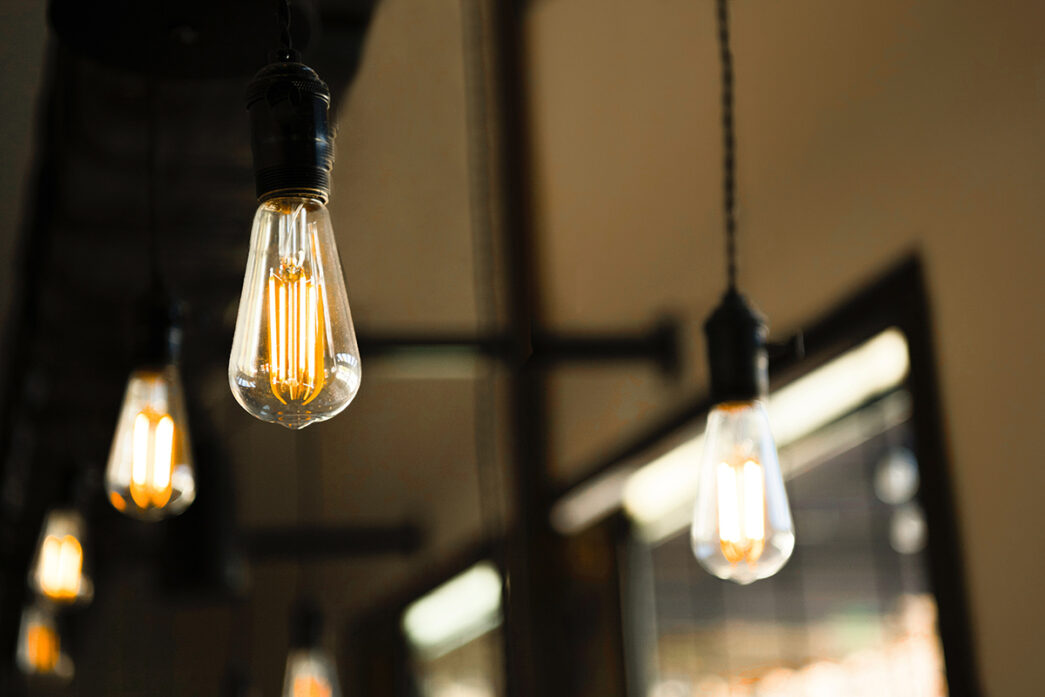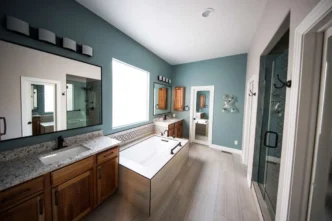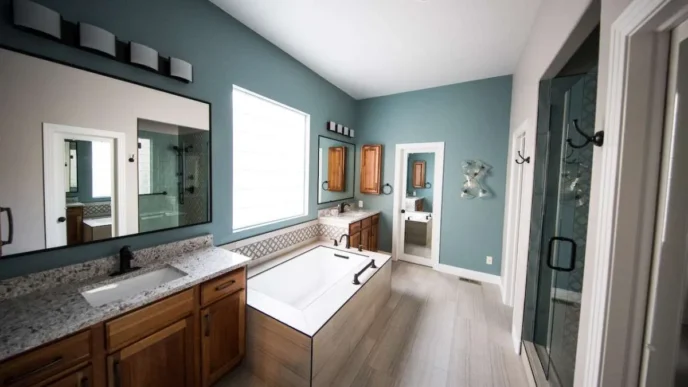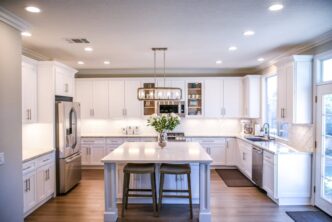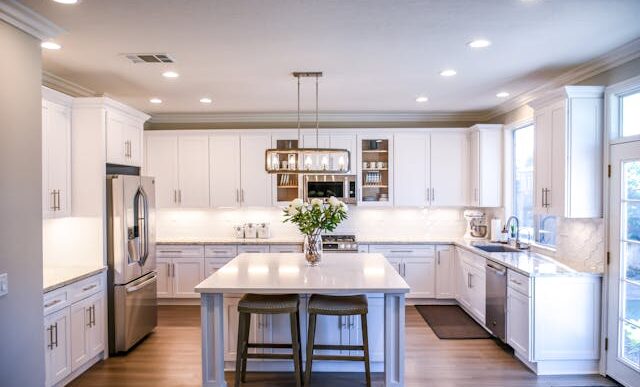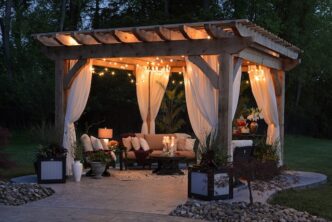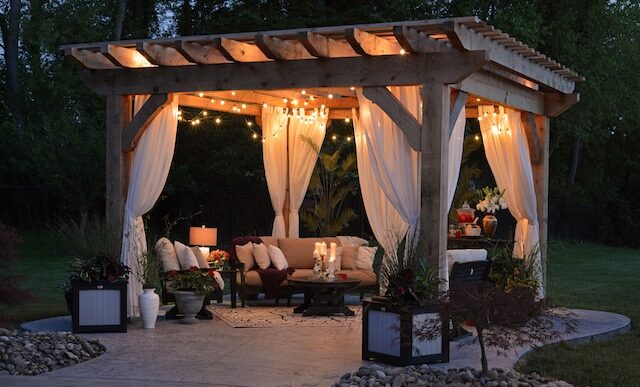Energy efficiency is more than a trend—it’s a vital approach to reducing utility costs and minimizing environmental impact. Whether you’re renovating your home or making small changes, focusing on energy efficiency can significantly improve your home’s functionality and value. Here are some practical ways to make your home more energy-efficient.
1. Upgrade to Energy-Efficient Appliances
Modern appliances are designed to use less energy while delivering better performance.
- Look for Energy Star Ratings: Certified appliances consume less electricity and water.
- Replace Old Units: Upgrading refrigerators, washing machines, and dishwashers can lead to long-term savings.
2. Improve Insulation
Proper insulation ensures your home stays warm in the winter and cool in the summer.
- Seal Gaps and Cracks: Use weather stripping or caulk to prevent air leaks.
- Add Attic Insulation: It’s one of the most cost-effective ways to reduce heating and cooling costs.
3. Invest in Smart Home Technology
Smart devices make it easier to monitor and control energy usage.
- Smart Thermostats: Automatically adjust heating and cooling based on your preferences.
- Smart Lighting: Control lights remotely and schedule them to turn off when not needed.
4. Switch to LED Lighting
LED bulbs use significantly less energy and last much longer than traditional incandescent bulbs.
- Lower Energy Bills: LED lights use up to 75% less energy.
- Wide Variety: Available in different colors and designs to match your home’s aesthetics.
5. Install Energy-Efficient Windows
Windows play a major role in energy loss.
- Double-Glazed Windows: Provide better insulation by reducing heat transfer.
- Low-E Coatings: Reflect heat back into your home during winter and keep it out during summer.
6. Use Renewable Energy Sources
Switching to renewable energy not only reduces costs but also contributes to a greener future.
- Solar Panels: Harness the power of the sun to generate electricity.
- Wind Energy: If applicable, small wind turbines can be an effective alternative.
7. Optimize Water Heating Systems
Heating water accounts for a large portion of energy bills.
- Tankless Water Heaters: Provide hot water on demand, reducing standby energy losses.
- Lower Water Heater Temperature: Setting it to 120°F can save energy without compromising comfort.
8. Embrace Natural Light and Ventilation
Maximizing natural resources can reduce dependency on artificial systems.
- Skylights and Large Windows: Allow natural light to illuminate your home.
- Cross Ventilation: Use strategically placed windows and fans to improve airflow.
Focusing on energy efficiency is a smart way to save money, improve your home, and reduce your carbon footprint. By implementing these strategies, you’ll create a more sustainable living environment and contribute to a greener future.
Topics: eco-friendly home energy efficiency energy-efficient appliances green home improvements insulation LED lighting reduce utility costs Renewable Energy save energy smart home technology solar panels sustainable living water heating